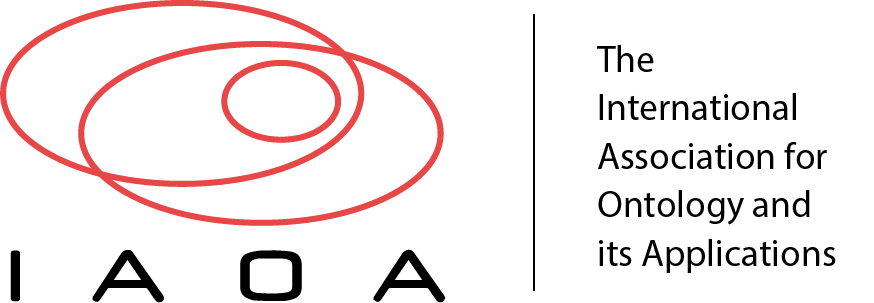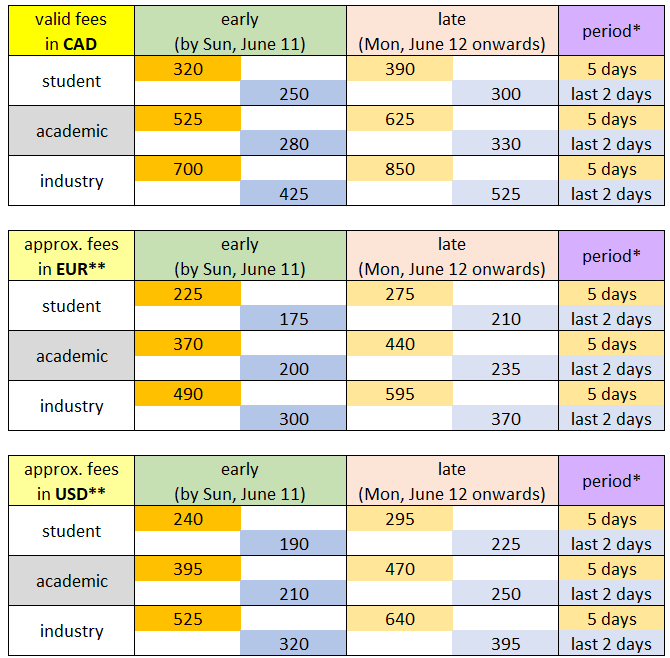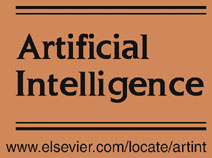The Educational Series on Applied Ontology (ESAO) [1] is open for everyone and welcomes students, researchers and practitioners alike (no registration needed).
The seventh of its regular webinar sessions will be held on
*Wednesday, May 10, 2023* at 14:00 UTC <https://intranet.irit.fr/SOGo/dav/public/trojahn/Calendar/12B780-643E4B00-789-425EB780.ics>
(regional times: 10:00 EDT / 16:00 CEST / 16:00 SAST [2])
via Zoom (full connection details at the end of this message)
https://univ-tlse2.zoom.us/j/92382699039?pwd=dndEMlZGNy9WbkI1LzAxb051UTZjUT09
Program
——-
10:00-11:00 EDT / 14:00-15:00 UTC / 16:00-17:00 / 16:00-17:00 SAST
Title: Pros and cons of DLs for applied ontologists
Enrico Franconi (Free University of Bozen-Bolzano / Libera Università di Bolzano) and Daniele Porello (University of Genoa / Università di Genova)
Series Description
——————
The IAOA [3] has created ESAO [1], an educational effort directed towards topics of Applied Ontology, primarily established basics and foundations.
The series is inspired by the Interdisciplinary Schools on Applied Ontology (ISAO) [4] (for the next ISAO edition during July 10-14, 2023, please see [5]). ESAO is complementary in format and its overall approach. The goal is to provide a combination of an archive of educational material (e.g., short video lectures) and a series of webinars for presenting and discussing that material.
Organization
————
Members of the Education Technical Committee of IAOA [6] and among those primarily (in alphabetical order):
* Lucía Gómez Álvarez
* Frank Loebe
* Sandra Lovrenčić
* Cassia Trojahn (Chair)
* Laure Vieu
Contact
E-Mail: info@iaoa.org
[1] Educational Series on Applied Ontology
https://wiki.iaoa.org/index.php/Edu:ESAO
[2] Session time locally and in further places
https://www.timeanddate.com/worldclock/fixedtime.html?iso=20230510T1400
[3] IAOA website
http://iaoa.org/
[4] ISAO History page
https://iaoa.org/index.php/isao-history/
[5] ISAO 2023 website
https://fois2023.griis.ca/isao-2023/
[6] Entry page of the IAOA Education Technical Committee
https://iaoa.org/index.php/faq/education-committee/
Connection Details
——————
Topic: ESAO 7th Session
Topic: 7th ESAO
Time: May 10, 2023 04:00 PM Paris
Join Zoom Meeting
https://univ-tlse2.zoom.us/j/92382699039?pwd=dndEMlZGNy9WbkI1LzAxb051UTZjUT09
Meeting ID: 923 8269 9039
Passcode: 283893
Join by SIP
92382699039@zoomcrc.com
Join by H.323
162.255.37.11 (US West)
162.255.36.11 (US East)
221.122.88.195 (China)
115.114.131.7 (India Mumbai)
115.114.115.7 (India Hyderabad)
213.19.144.110 (Amsterdam Netherlands)
213.244.140.110 (Germany)
103.122.166.55 (Australia Sydney)
103.122.167.55 (Australia Melbourne)
209.9.211.110 (Hong Kong SAR)
149.137.40.110 (Singapore)
64.211.144.160 (Brazil)
69.174.57.160 (Canada Toronto)
65.39.152.160 (Canada Vancouver)
207.226.132.110 (Japan Tokyo)
149.137.24.110 (Japan Osaka)
Meeting ID: 923 8269 9039
Passcode: 283893
Join by Skype for Business
https://univ-tlse2.zoom.us/skype/92382699039



